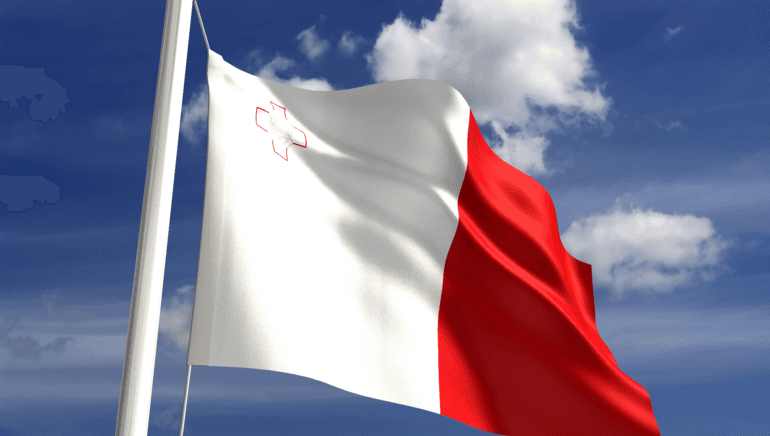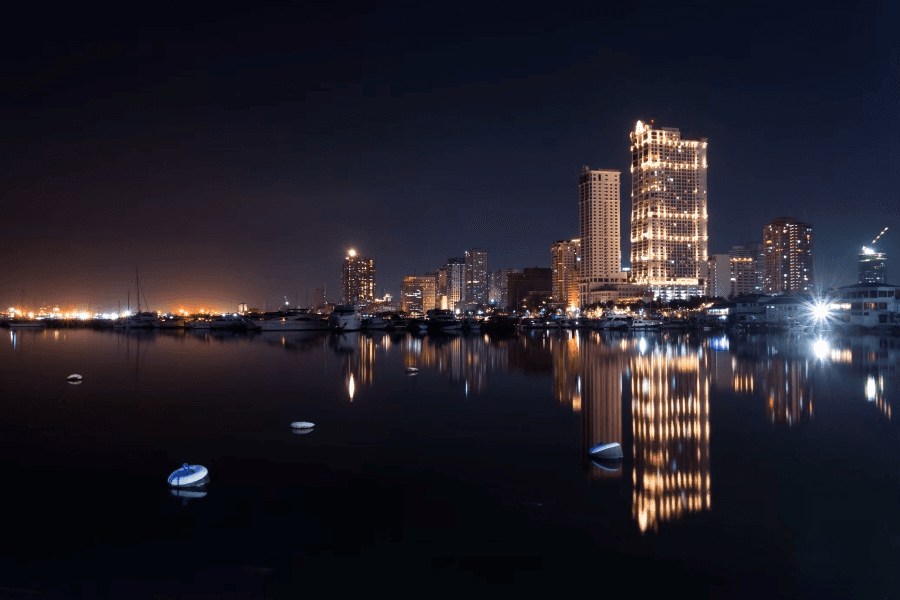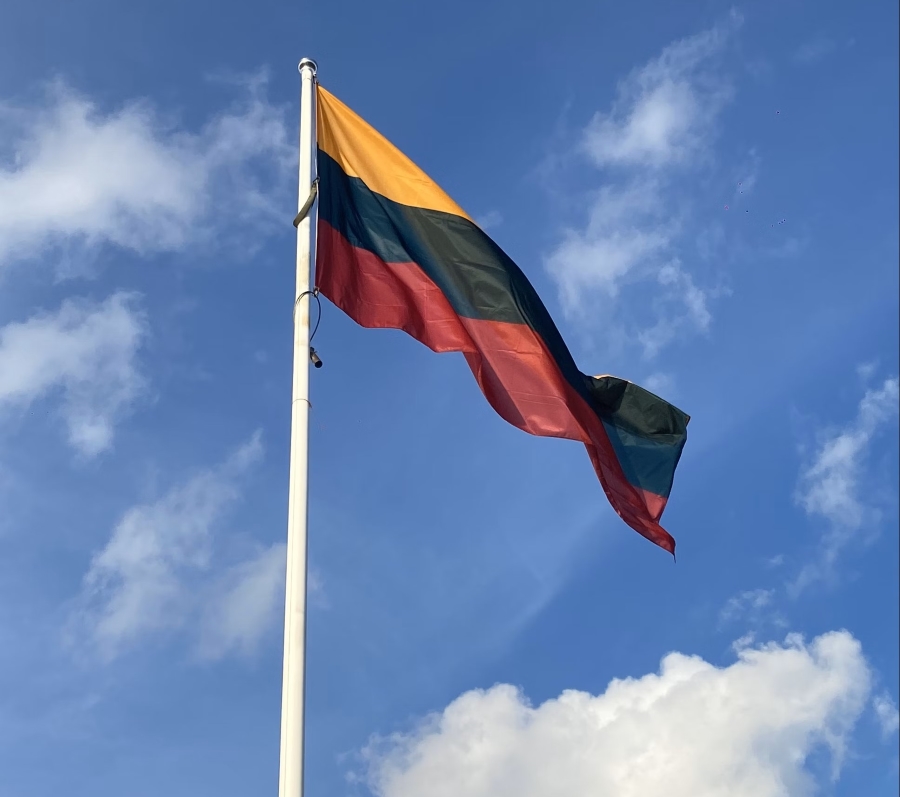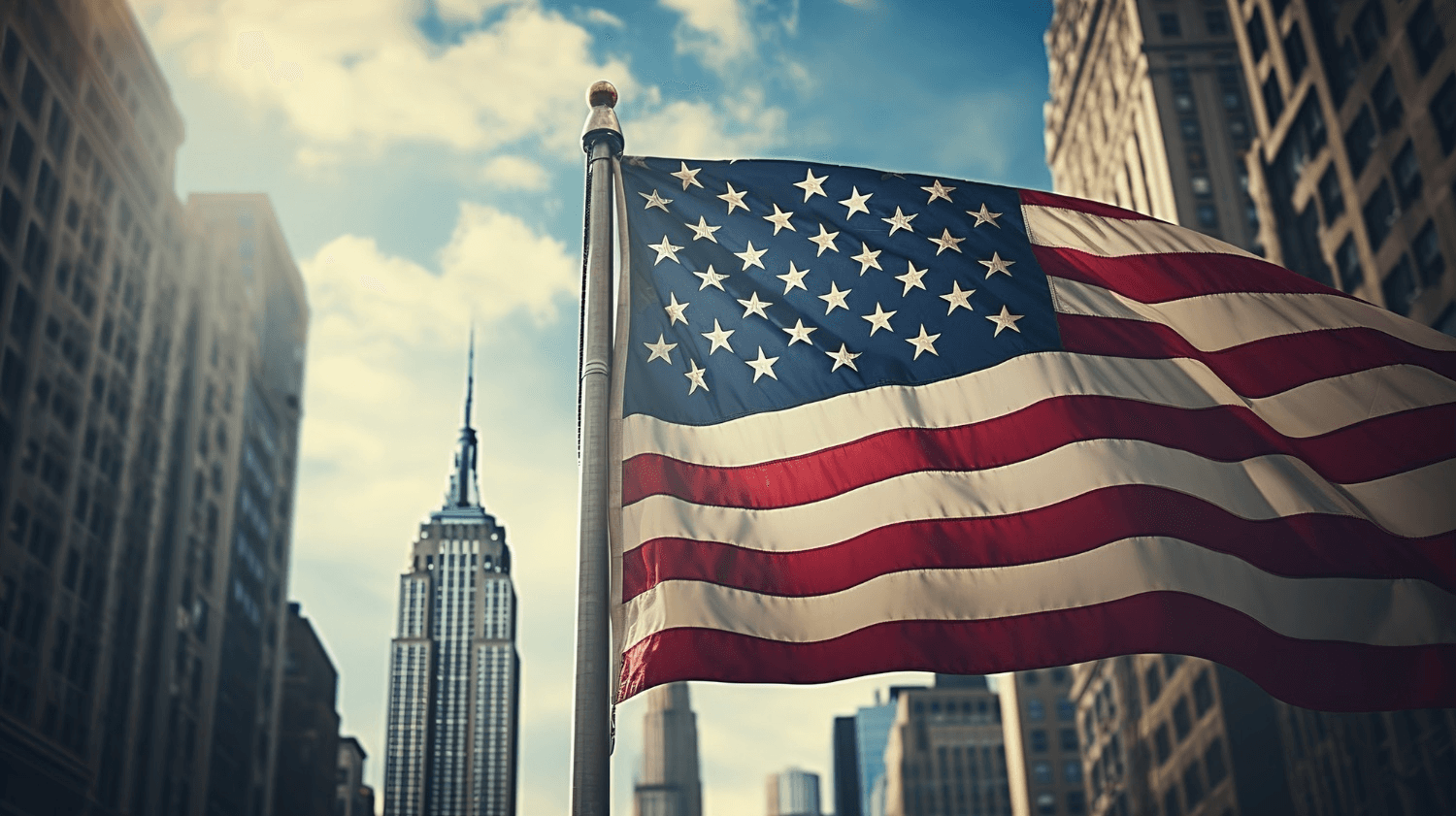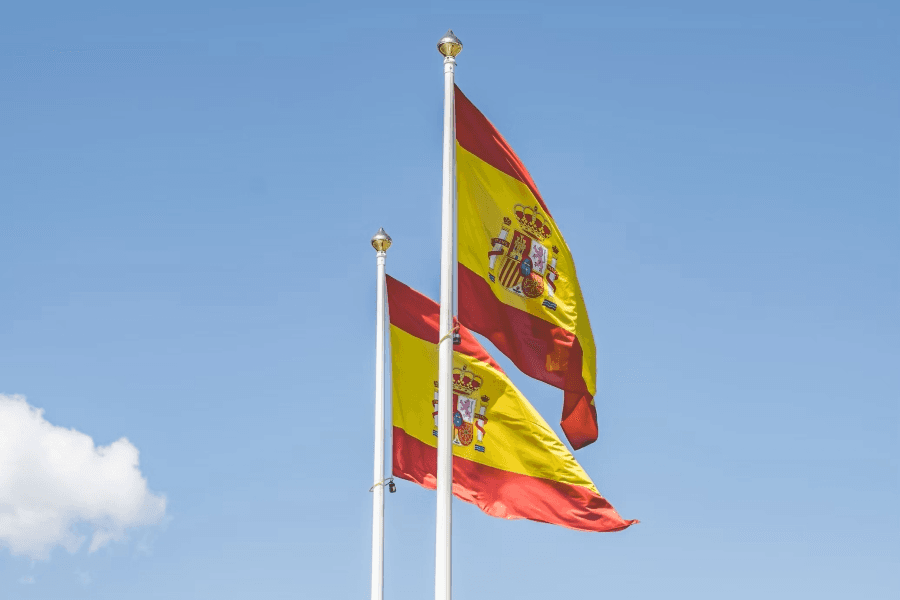Biden Administration Gets Involved in Florida’s Online Sports Betting Dispute
Share This Tags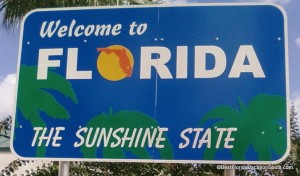 A heated legal dispute over online sports betting in Florida has reached the Supreme Court. West Flagler Associates and Bonita-Fort Myers Corp., companies involved in pari-mutuel betting, are challenging a ruling made by an appeals court and seeking a stay. The outcome of this legal battle has significant implications for the future of online sports betting in Florida.
A heated legal dispute over online sports betting in Florida has reached the Supreme Court. West Flagler Associates and Bonita-Fort Myers Corp., companies involved in pari-mutuel betting, are challenging a ruling made by an appeals court and seeking a stay. The outcome of this legal battle has significant implications for the future of online sports betting in Florida.
At the center of the dispute is a gambling agreement signed by Florida Governor Ron DeSantis and Marcellus Osceola Jr., Chairman of the Seminole Tribe of Florida. The lawsuit, initiated in 2021, claims that the agreement violates a state constitutional amendment from 2018. This amendment requires voter consent for casino gambling in Florida. The pari-mutuel companies argue that the agreement, which allows the Seminole Tribe of Florida to offer statewide online sports betting, was intentionally designed to bypass this amendment.
Initially, U.S. District Judge Dabney Friedrich ruled in favor of the pari-mutuels, but the U.S. Circuit Court of Appeals for the District of Columbia overturned this decision. As a result, the companies have turned to the Supreme Court in their quest for a final resolution.
The Biden administration has provided its perspective on the matter, urging the Supreme Court to uphold the appeals court ruling. U.S. Solicitor General Elizabeth Prelogar, representing the Department of the Interior, responded to the arguments put forth by the pari-mutuel companies. Prelogar expressed doubt that the Supreme Court would ultimately choose to address the challenge.
On the opposing side, the Seminole Tribe of Florida maintains that the gambling agreement is legally permissible. The agreement includes a provision that allows gamblers to place mobile sports wagers anywhere in the state, with bets being processed by computer servers located on tribal property.
Prelogar emphasized that the appeals court had determined that the Indian Gaming Regulatory Act (IGRA) does not prevent a compact between a state and a tribe from addressing other matters, including activities occurring outside tribal lands. This interpretation supports the Seminole Tribe’s argument that the compact is both legal and valid.
The U.S. Department of the Interior, responsible for overseeing gambling on tribal lands, has also been involved in the legal proceedings. Chief Justice John Roberts instructed the department to submit a response to the pari-mutuels’ request for a stay. The department granted permission for the compact to proceed, but the lawsuit argues that it violated the federal Indian Gaming Regulatory Act (IGRA) by authorizing gambling outside tribal lands.
The Supreme Court’s decision on whether to accept this case will have a profound impact on the future of online sports betting in Florida. Upholding the appeals court ruling could potentially pave the way for other tribes and states to enter into similar agreements, thus expanding the reach of online sports betting nationwide.
Conversely, if the Supreme Court decides to hear the case and rules against the Seminole Tribe, it would significantly hinder their efforts to introduce online sports betting throughout Florida.
As the parties involved await the Supreme Court’s decision, the stakes have never been higher for both the Seminole Tribe and the pari-mutuel companies. The outcome of this legal battle will shape the future of online sports betting, not only in Florida but potentially across the entire nation.



 2023-10-26
2023-10-26

